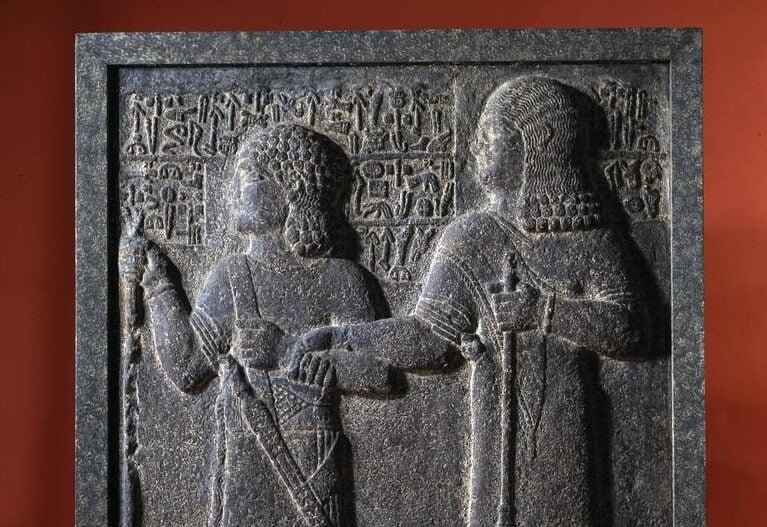
A newly uncovered ancient amphorae workshop near the city of Málaga, Spain, reveals direct links between local fish production and trade with Ancient Greek cities, such as Corinth.
Archaeologists from the University of Málaga discovered a fifth-century B.C. pottery kiln at the Cerro del Villar site, along with clay amphorae that were once used to store and ship salted fish.
The team confirmed that fish preserved in these containers was transported across the Mediterranean and consumed in ancient Greek cities, shedding new light on the extent of Phoenician trade networks.
Workshop shows trade between Spain and ancient Greece
Lead archaeologist José Suárez explained that the site functioned as an industrial hub tied to the nearby Phoenician city of Malaka.
He said the amphorae’s design and the fish remnants inside matched those discovered in ancient Greek settlements, providing clear evidence of long-distance trade.
Cerro del Villar, located near the mouth of the Guadalhorce River, is considered one of the best-preserved Phoenician settlements in the western Mediterranean.
The workshop’s discovery adds weight to the idea that the area served as a key commercial outpost nearly 2,500 years ago.
Roman factory and eastern influences
The southern sector of the site also contains remnants of a Roman-era salting factory, dating to the High Imperial period.
Although it was abandoned in the fifth century A.D., archaeologists say it remains in good condition and is being studied for its connection to earlier Phoenician activity.
In the northern part of the site, researchers are analyzing large stone buildings that once faced the shoreline. One structure includes a set of steps believed to lead to a former dock or boat landing.
Inside, they found domestic ceramics, tableware, and vessels made both by hand and on a wheel—some bearing stylistic influences from the Eastern Mediterranean.
Imported goods reveal cultural exchange
Among the imported goods recovered are amphorae from Athens and Corinth, likely used to transport wine and oil.
A fragment of an Egyptian alabastron, once used to hold luxury wine, and part of a terracotta mask were also found, suggesting both trade and religious practices took place at the site.
The excavation team includes scholars from several Spanish and international universities, as well as students from the University of Málaga. The research is backed by the Andalusian regional government, the Málaga Foundation, and local authorities.
While the fieldwork has concluded, analysis continues in the university’s lab to preserve the materials and further study their origins and usage.


